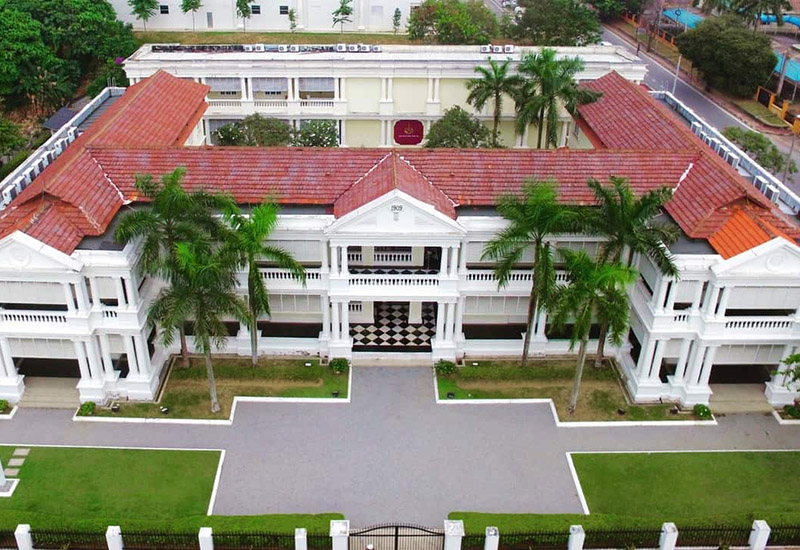It is tempting to assume that political events of this magnitude were accompanied by major changes in the malayan economy. However, as per this settlement, the malays no longer got any special privileges, and ultimately, all sovereignty passed onto the king of england.

Sarawak yearns for sustainable development
The environment and peoples of malaysia 1.

A history of malaysia the making of british malaya. This provides the background to the establishment of the malay port of melaka, which was conquered by the portuguese in 1511, foreshadowing the establishment of a british colonial regime in the. Tunku abdul rahman became the first prime minister. Under the terms of the pangkor engagement of 1874 between the sultan of perak and the british, the sultan was obliged to accept a british resident.
Regardless of the political form, however, british rule brought profound changes, transforming the various. British malaya the british gradually increased their influence over malaya. Part of the macmillan asian histories series book series (mla) abstract.
The volume recounts the experiences of the first british residents of malaya. The conventional interpretation of the "race problem" in peninsular malaysia (malaya) is founded upon the supposedly inevitable frictions between ethnic communities with sharply divergent cultural traditions. Its object was to explain the circumstances and evolution of the british.
In 1946, the british decided to bring together all the malayan states of the peninsula under a central authority, and citizenship was offered to all residents, irrespective of their race. Real gross domestic product (gdp) grew by an average of 6.5% per year from 1957 to 2005. More states selangor, pahang, sungei, ujong, rembau, negri sembilan, jelebu) were forced to accept british 'protection'.
Academic studies of the economic history of modern malaya / malaysia often stop in 1941 or start in 1945, dates that mark the dramatic collapse of british colonial rule and the equally dramatic end of japanese rule. In advancing its economic policy interests direct british control over all the territories of the malay peninsula was progressively established from the last quarter of the 19th century to the second decade of the 20th century. The british colonies of singapore, and sarawak & sabah (or north borneo) joined the federation to form malaysia on september 16, 1963.
First published in 1948, this volume's third edition emerged contemporaneously with the transition from the malayan union to the federation of malaya, an area covering the malay peninsula and modern singapore. That modern race relations in peninsular malaysia, in the sense of impenetrable group boundaries, were a byproduct of british colonialism of the late nineteenth and early twentieth centuries. Meanwhile, in 1888 brunei, sarawak and north borneo became british protectorates.
The spread of british rule over the malay peninsula was a gradual and calculated process, beginning with the founding of penang in 1786. Till this point, the british government has not officially stepped in. During the 19th century the malay sultans aligned themselves the british empire, due to the benefits of associations with the british and the belief in superior british civilization.
In this view, assimilation between the indigenous malay population and the descendants of immigrants from china and india was always a remote possibility. The foundation of the constitution of malaysia was laid on 10 september 1877. The first theme focuses on the materialisation of race and malay 'indigeneity'.
In 1895 the 'protected' states were persuaded to form a federation. The british presence in the region reflected several patterns: The heritage of the past 2.
It began with the first meeting of the council of state in perak, where the british first started to assert their influence in the malay states. Since its formation in 1963, malaysia's economic performance has been one of asia's best. The pangkor treaty of 1874 was a critical milestone in the formal relationship between great.

Tidak ada komentar